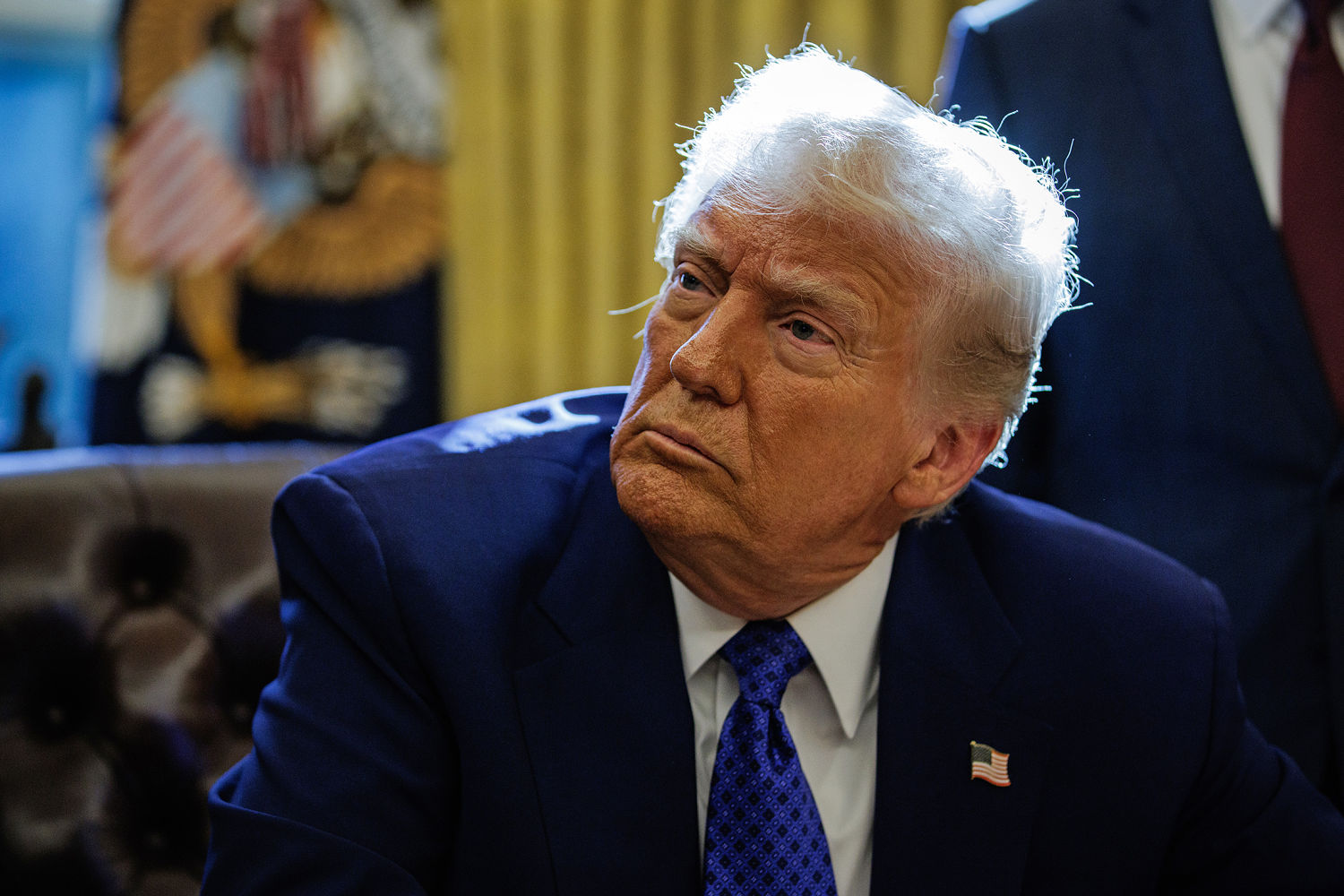Products You May Like
Former President Donald Trump’s administration championed the “America First” slogan, which initially suggested a priority on domestic policies and interests. However, an analysis of his foreign policy decisions reveals a significant emphasis on supporting right-wing governments outside the United States, particularly in countries like Romania, Germany, and India. This approach aligns with Trump’s broader strategy of fostering relationships with populist leaders who share similar nationalistic ideologies.
In Romania, for example, Trump’s administration forged a strong partnership with President Klaus Iohannis, who represents a pro-European Union stance while also aligning with conservative values. Under Iohannis’s leadership and Trump’s support, Romania became a strategic ally in Eastern Europe, particularly in countering Russian influence in the region. The partnership extended beyond mere political alignment; it also involved military cooperation and economic ties, exemplifying how Trump’s foreign policy often mixed pragmatic considerations with ideological affinities.
Germany presented a more complex relationship for Trump. His administration’s interactions with Chancellor Angela Merkel were characterized by tension and criticism, particularly regarding Germany’s defense spending and reliance on Russian energy. Nevertheless, Trump’s support for Germany’s right-wing populist parties reflected his interest in destabilizing the traditional political order in favor of populist movements. Despite his contentious relationship with Merkel, Trump’s administration secretly sought to encourage these alternative movements to position itself as a backer of conservative causes that could reshape Germany’s political landscape.
India under Prime Minister Narendra Modi also became a focal point for Trump’s administration. Modi, known for his Hindu nationalist policies, found a strong ally in Trump. This relationship was marked by economic collaboration and strong rhetoric against China, reflecting a shared interest in counterbalancing Chinese influence in the Indo-Pacific region. The partnership between Trump and Modi showcased how Trump’s “America First” policy could dovetail with bolstering right-leaning governments, as both leaders promoted a form of nationalism that resonated with their respective bases.
As Trump’s presidency evolved, foreign policy decisions increasingly appeared to prioritize personal relationships and ideological compatibility over traditional diplomatic practices. This led to a foreign policy that not only reshaped alliances but also raised questions about long-term implications for democracy and governance in these partner nations. Critics argued that by endorsing right-wing governments, Trump risked undermining democratic values, as some of these regimes exhibited authoritarian tendencies and suppressed dissent.
The inherent contradictions in the “America First” slogan become evident when one considers the broader implications of supporting right-wing regimes abroad. While promoting national interests is a fundamental aspect of foreign policy, the favoritism towards populist leaders raised concerns about the United States’ role as a promoter of democracy and human rights globally. Critics posited that aligning with such governments might sacrifice the principles that have traditionally guided American foreign policy.
Overall, Trump’s foreign policy strategy highlights an ideological fracture in American diplomacy. Instead of focusing solely on U.S. interests in a conventional sense, it reflected a shift toward embracing global populism and right-wing nationalism. This approach not only marked a departure from the previous administrations’ emphasis on multilateral cooperation and democratic values but also ushered in a complicated legacy that continues to impact international relations amid rising populist movements worldwide.
In summary, the “America First” policy was not merely a refrain designed to rally domestic support; it served as a framework through which Trump’s administration engaged with the global right. By aligning with like-minded leaders in Romania, Germany, and India, Trump pursued a foreign policy that sought to redefine U.S. interests in favor of protecting and promoting right-wing governance abroad, ultimately challenging the established norms of American diplomacy and highlighting emerging geopolitical trends reflective of a populist wave.
